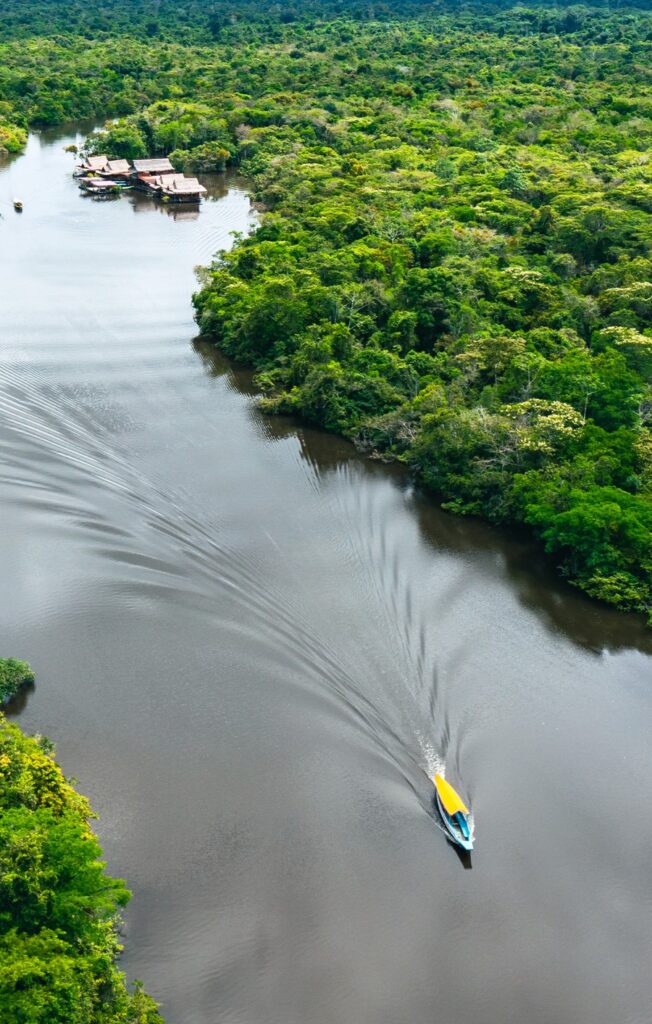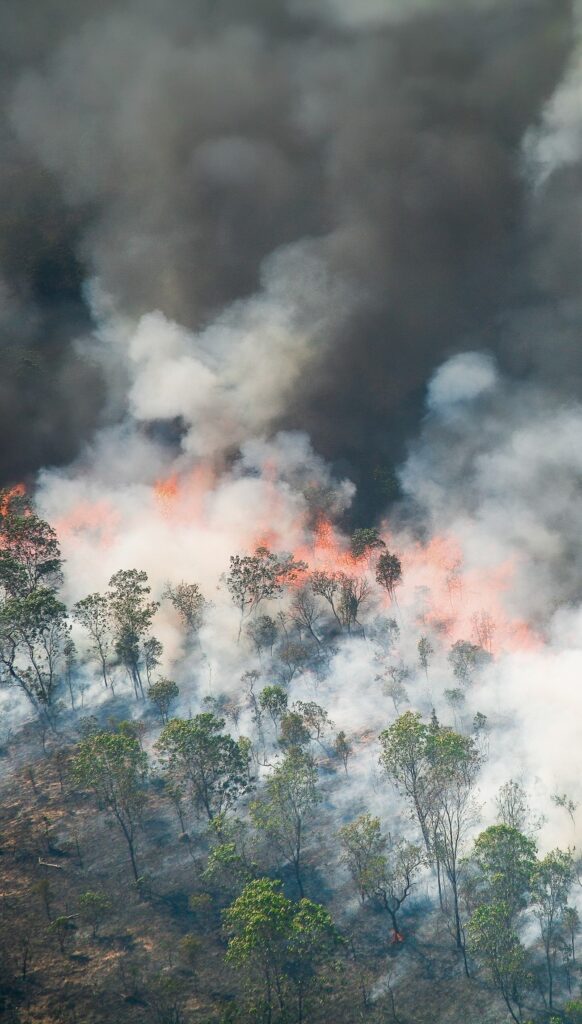
How we work
Strategic areas
The tropical forest is an indispensable weapon against climate change and loss of nature. We work to stop the destruction of tropical forests.
The NICFI strategy operates on two fronts. Firstly, we partner with tropical forest countries to promote sustainable land use. With international support, tropical forest countries can improve the use of their lands and build a prosperous rural economy without deforestation.
NICFI is perhaps most known for large results-based bilateral partnership with key forest countries, where we disburse payments for reduced deforestation verified by satellite imagery. The forest countries invest this funding in programmes on ground to further reduce deforestation. This work makes up the lion’s share of our budget, diplomatic effort and human resources. We also support forest countries’ preparations to receive support-based payments.
Our second area of focus, is reducing pressure on forests from global markets. We need to transform the world’s food system and the global trade of commodies. Eliminating deforestation from commodity supply chains will require determined and consistent market signals from consumers, supermarkets and commodity traders. Financial institutions also play a key role as shareholders and financiers of companies in forest-risk value chains.
Our work includes bilateral cooperation with the largest rainforest countries, multilateral efforts, support for civil society organizations, and collaboration with businesses to establish deforestation-free supply chains.
Building av movement
NICFI can only succeed as part of a global movement that brings together governments, businesses, indigenous peoples and civil society. Our mandate is to be ambitious and take calculated risks. While not every endeavour will give immediate results, the collective portfolio is geared towards delivering transformative results.
Read more about our strategic areas
We work under seven strategic focus areas:
1. Land use policies
We support countries in their efforts in improving land use. This includes results-based payments but also forest countries’ preparations to receive results-based payments. NICFI also supports capacity building efforts and improved land use policies through multilateral channels and civil society partners.
 Photo: mariusz_prusaczyk
Photo: mariusz_prusaczyk
2. Indigenous Peoples Rights
We work to give Indigenous Peoples and other forest-dependent communities a voice in the international community, in the global climate negotiations and at the national and local level.
 Photo: FG Trade
Photo: FG Trade
 Photo: Unsplash
Photo: Unsplash
3. Carbon markets and international support structures
Reducing forest loss is in the national interest of forest countries, and international support can help them do more, faster. That is why mobilizing large-scale climate finance for reduced deforestation is a key priority for NICFI.
4. Transparency
Forest areas have historically been far from the attention of central authorities or the media. That is why we invest in new technology and satellite imagery to increase transparency. That way, we and our partners can monitor land ownership, commercial transactions, and financial movements.
 Photo: Global Forest Watch
Photo: Global Forest Watch
 Photo: Unsplash
Photo: Unsplash
5. Commodity markets free of deforestation
Market demands shape the future of the forests. That is why we work to transform the world’s food system and the globale trade of commodities. We support on-the-ground efforts, provide risk capital, promote dialogue and support civil society strategies.
6. Deforestation-free financial markets
Global finance has not taken sufficient account of the environmental damage and financial risks associated with deforestation. Financiers have lacked access to credible and standardized data to be able to address deforestation risk. We create awareness of deforestation as a material financial risk, develop guidance and practice for companies to report on it, promote voluntary forest risk disclosures and build capacity of local banks in key forest countries.
 Photo: Joao Ramid
Photo: Joao Ramid
7. International forest crime
Most forest destruction starts with a crime. Illegal logging and trade in tropical timber is one of the world’s most lucrative criminal industries. Fighting forest crime is primarily the responsibility of forest country governments, and we support their efforts directly through different partnerships.

